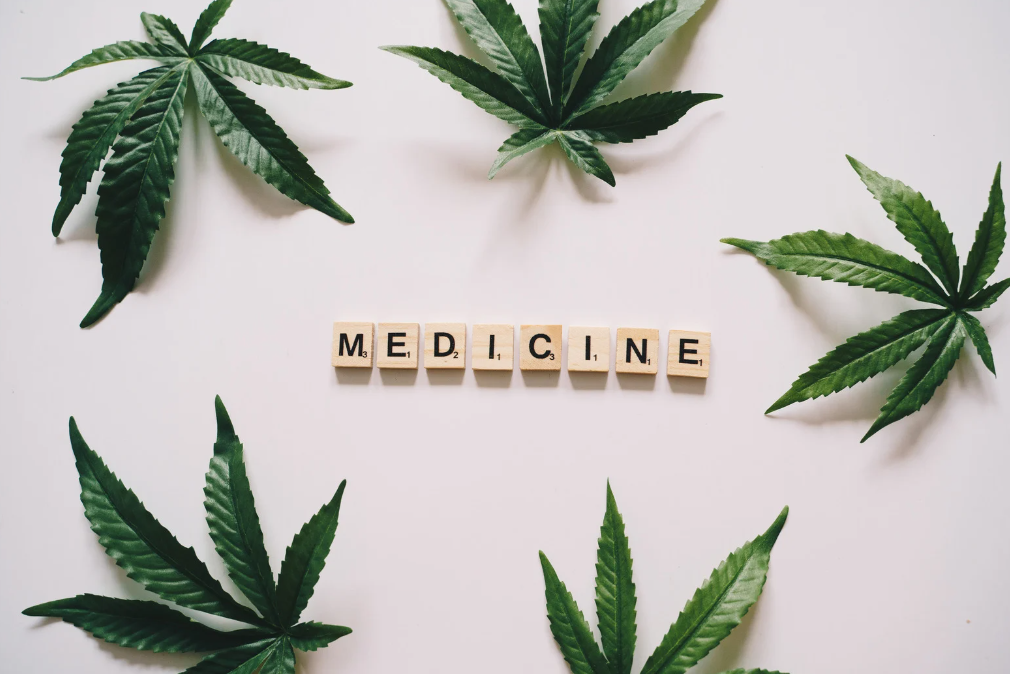Is Marijuana Legal in Georgia?

Georgia maintains some of the strictest marijuana laws in the U.S. While low-THC medical cannabis is permitted for registered patients, recreational marijuana remains illegal. The possession, sale, and cultivation of cannabis are punishable by law, and even minor infractions can lead to criminal charges. Some cities, including Atlanta and Savannah, have taken steps toward decriminalization, but these measures do not override state laws.
- Possessing less than one ounce of marijuana is considered a misdemeanor and carries penalties of up to one year in jail and a $1,000 fine.
- Any amount exceeding one ounce is classified as a felony, punishable by up to ten years in prison.
- Selling or distributing marijuana, regardless of the quantity, is a felony offense that can result in lengthy prison sentences.
- Cultivation remains strictly prohibited, with penalties similar to those for large-scale distribution.
Medical Marijuana in Georgia
Georgia’s medical marijuana program allows patients suffering from conditions such as cancer, Parkinson’s disease, and epilepsy to legally possess low-THC cannabis oil. However, the law does not permit the sale or production of this oil in Georgia, leaving patients with few legal avenues to obtain their medication.
- Patients must apply for a Low THC Oil Registry Card, which grants permission to possess up to 20 ounces of cannabis oil containing no more than 5% THC.
- Unlike medical programs in other states, Georgia does not allow dispensaries to operate freely, making it difficult for patients to obtain their prescribed treatment.
- Even legally registered patients risk legal trouble if they attempt to purchase cannabis oil from out-of-state sources.
- Some lawmakers continue to push for expanded medical access, but progress has been slow due to opposition in the state legislature.
Decriminalization Efforts in Georgia
Although Georgia has not enacted statewide decriminalization, some local jurisdictions have reduced penalties for possession of small amounts. Cities like Atlanta have passed measures that lower fines and eliminate jail time for minor marijuana offenses.
- Atlanta, Savannah, and Macon have adopted ordinances that impose civil fines instead of criminal penalties for possession under one ounce.
- These local policies typically result in a fine ranging from $75 to $300, with no risk of jail time.
- Despite these efforts, state law still classifies possession as a criminal offense, meaning law enforcement agencies outside these cities can enforce stricter penalties.
- Georgia lawmakers remain divided on whether to pursue statewide decriminalization, with some arguing that it would ease the burden on the criminal justice system.
Is CBD Legal in Georgia?
Hemp-derived CBD products are legal in Georgia, provided they contain less than 0.3% THC. The passage of the 2018 Farm Bill federally legalized hemp, and Georgia later implemented its own Hemp Farming Act to regulate production and sales.
- Consumers can legally purchase and use CBD as long as it meets the 0.3% THC limit.
- The sale of CBD-infused foods and beverages remains prohibited under both state and federal law.
- Some law enforcement agencies have seized CBD products, arguing that certain items may contain illegal levels of THC.
- Purchasing from reputable sources with verified lab reports is recommended to ensure compliance with Georgia regulations.
Future of Marijuana Legalization in Georgia
Despite growing public support for marijuana reform, Georgia lawmakers remain largely opposed to legalization. While neighboring states have expanded medical marijuana programs or decriminalized possession, Georgia continues to resist major policy changes.
- Recent polls indicate that public opinion is shifting in favor of marijuana legalization, but legislative progress has been slow.
- Some politicians argue that regulated cannabis sales could generate tax revenue and reduce criminal justice costs.
- Neighboring states, such as Florida, have implemented more accessible medical marijuana programs, increasing pressure on Georgia’s legislature.
- Advocacy groups continue to push for policy reform, but resistance from conservative lawmakers remains a barrier to progress.
How Lawyers Corner Can Help
Georgia’s marijuana laws can be confusing, and even minor possession can have serious legal consequences. Whether you’re facing charges or need guidance on medical marijuana regulations, Lawyers Corner connects individuals with knowledgeable attorneys who specialize in criminal defense and drug-related offenses.
If you need legal assistance, visit Lawyers Corner’s contact page to speak with an experienced attorney. Navigating Georgia’s marijuana laws alone can be risky—get the professional legal support you need today.

Related Items:





